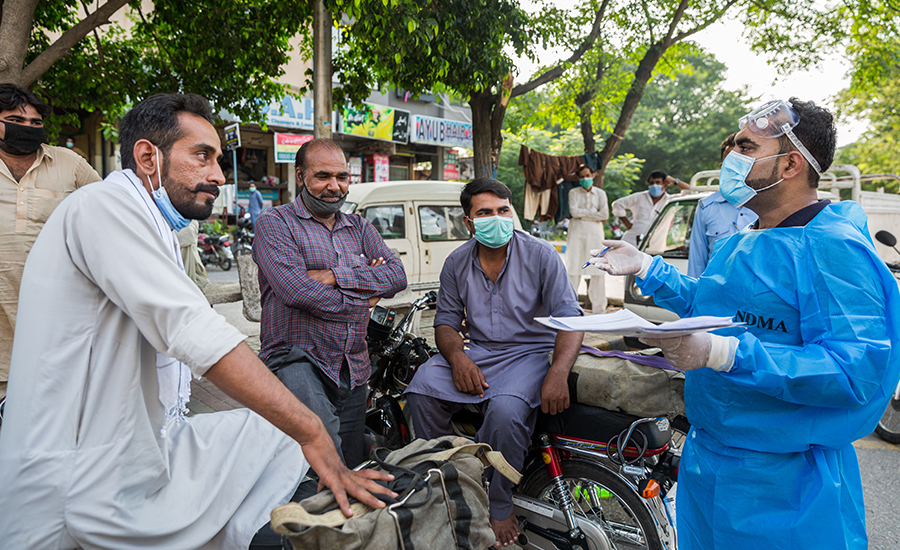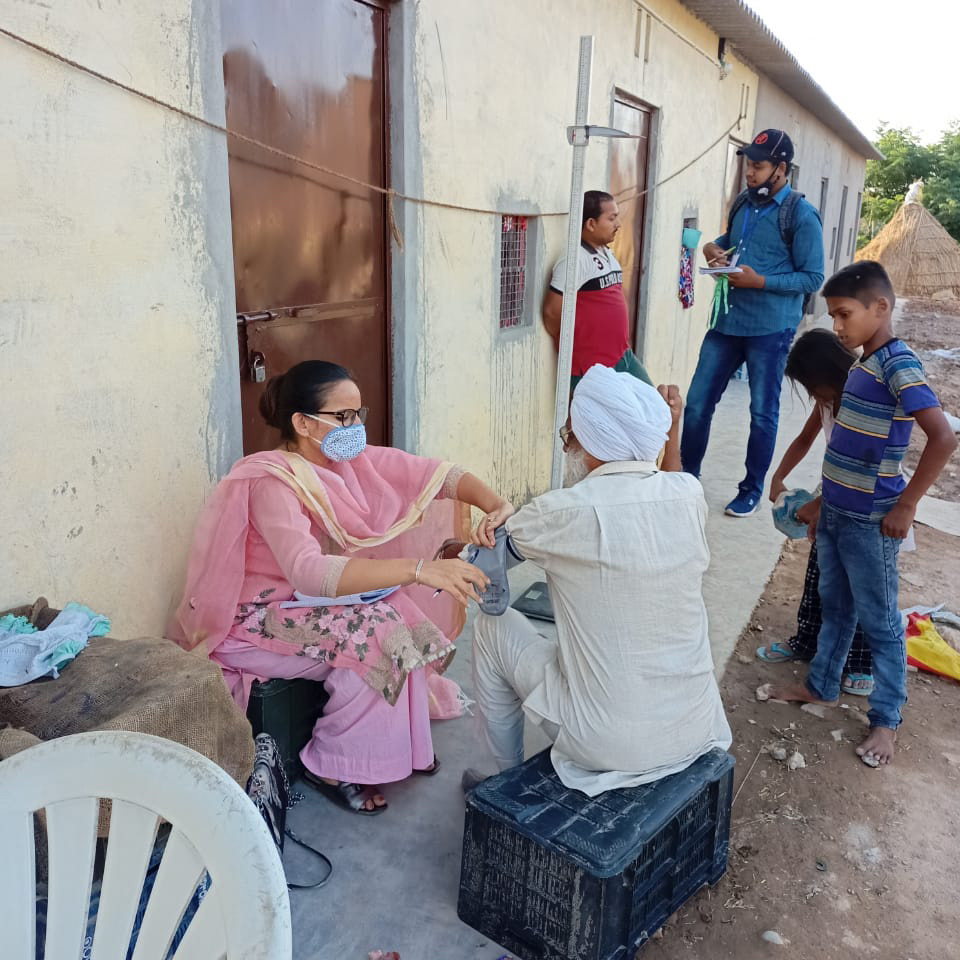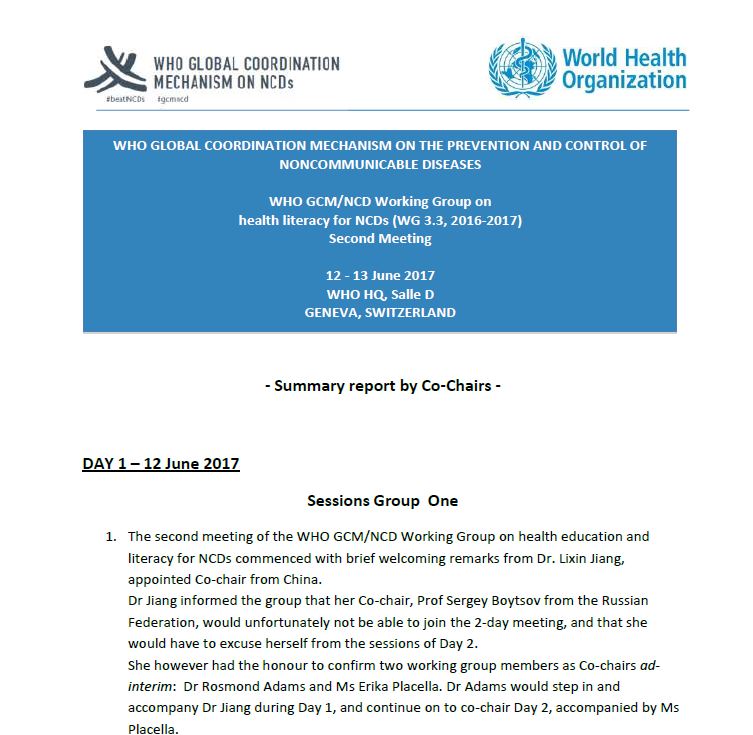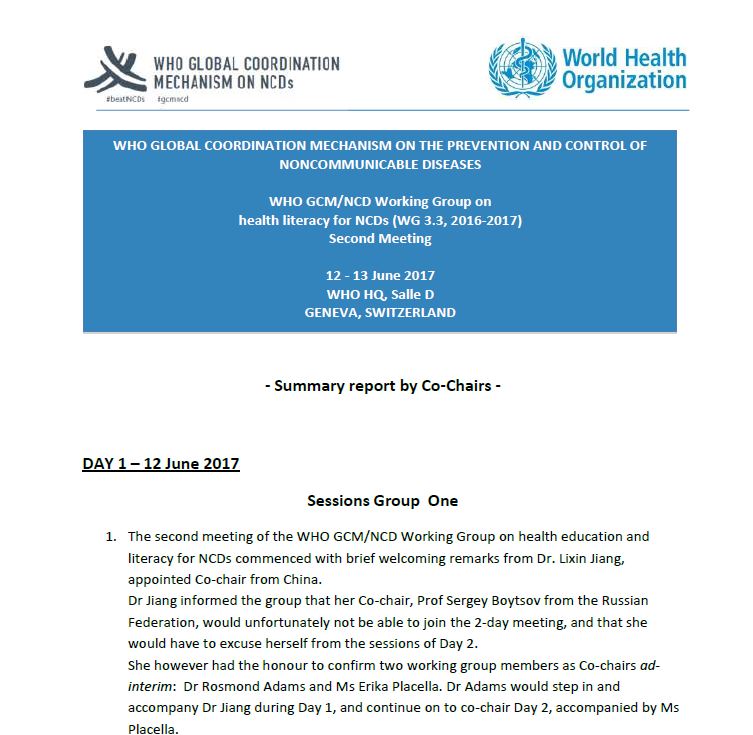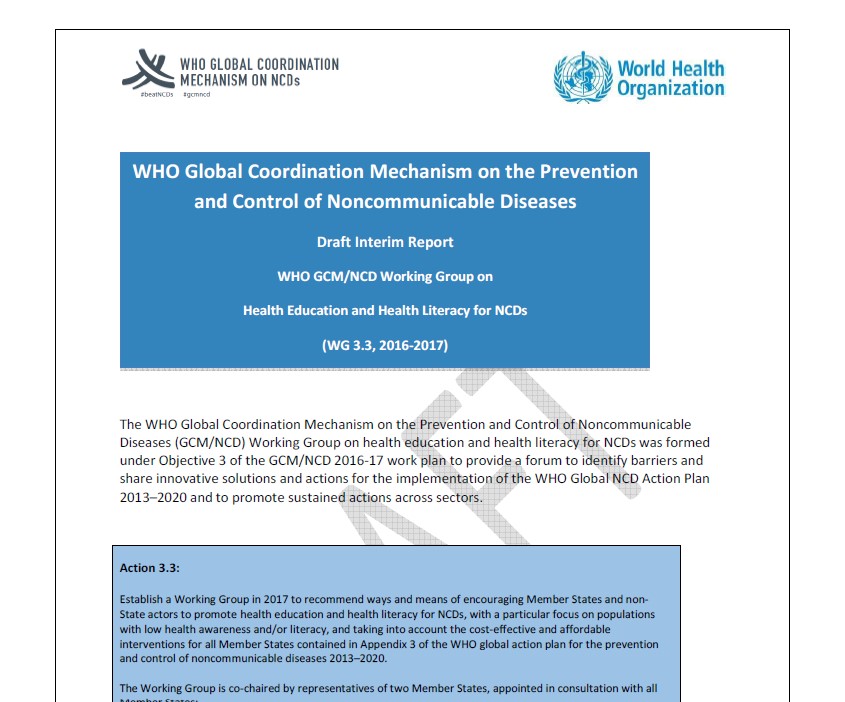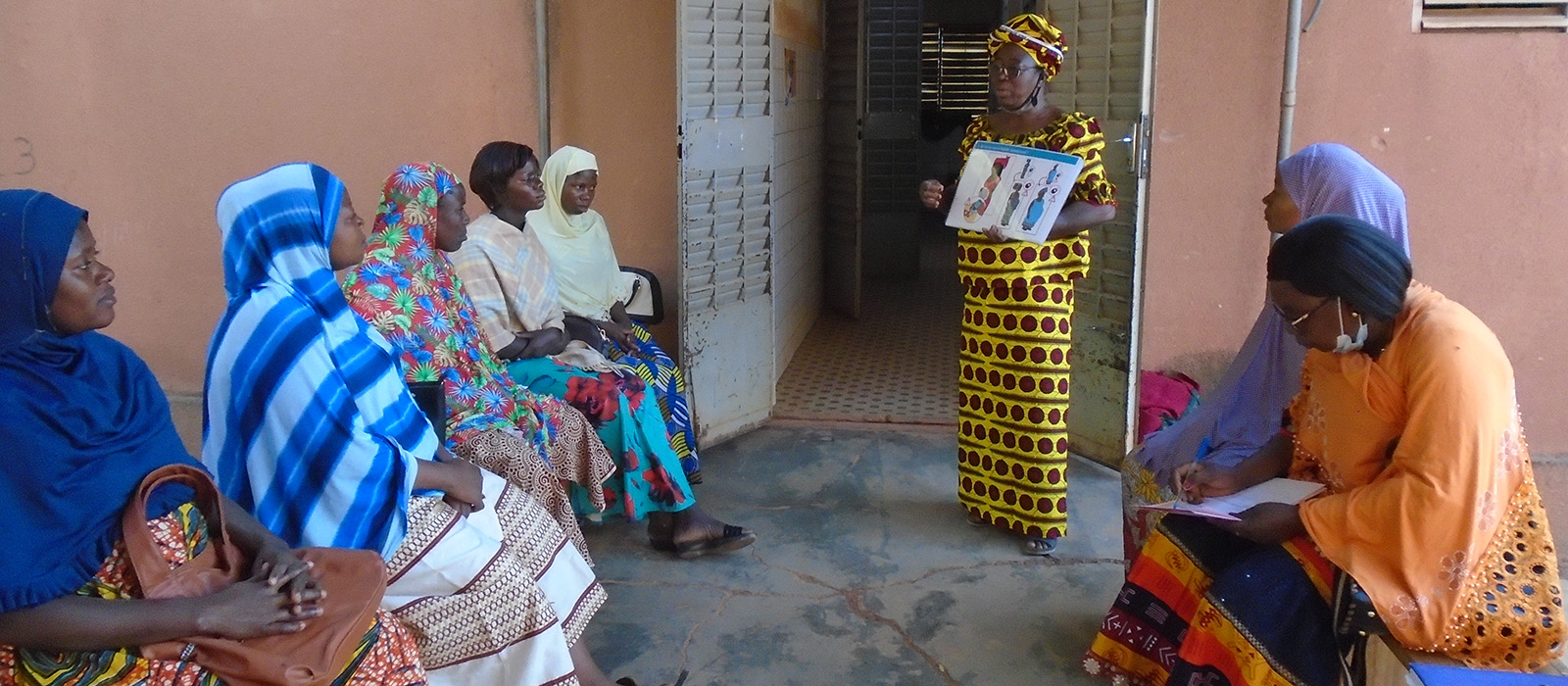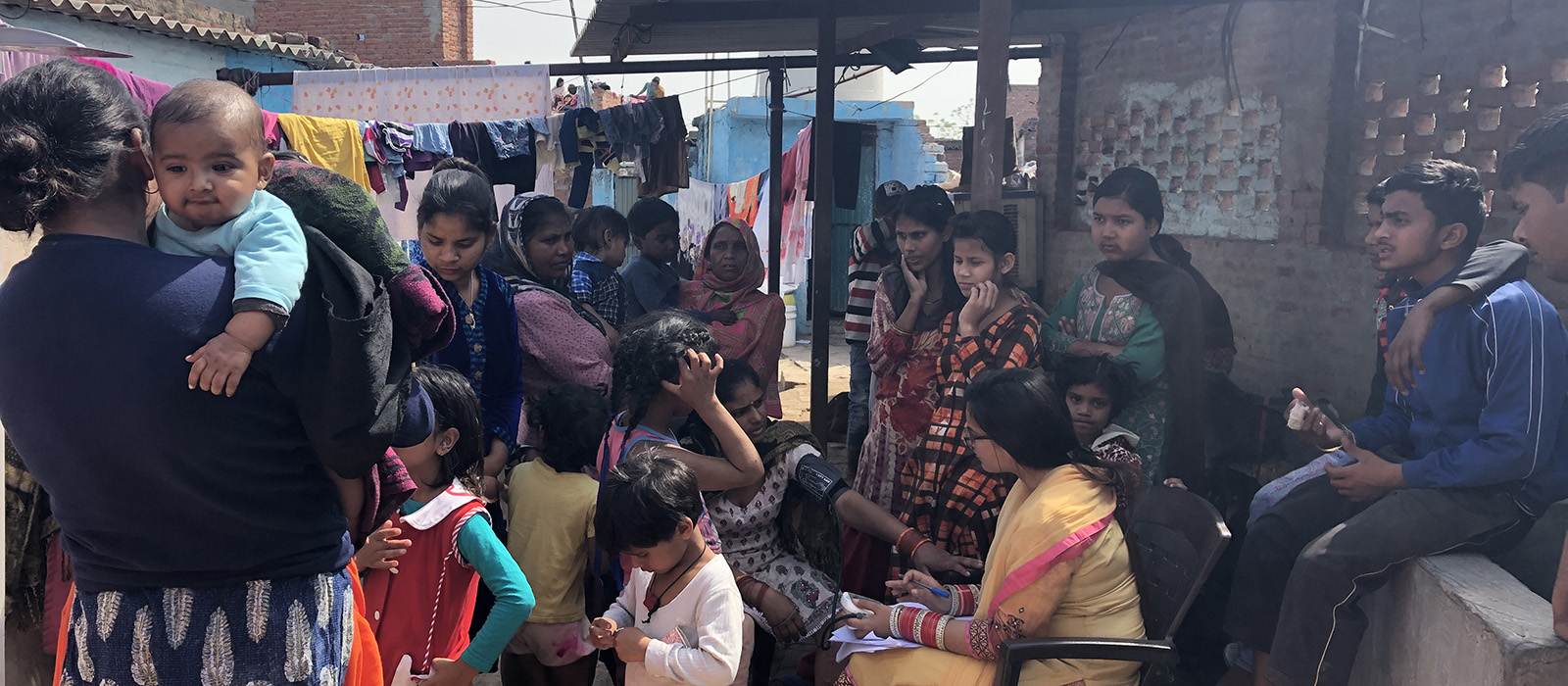Health literacy development for NCD prevention and control
Health literacy is central to preventing and controlling NCDs. It supports people, communities, and organizations in addressing NCDs and their determinants, taking meaningful action to reduce risk factors, and support health and wellbeing for all.
The final report of the GCM/NCD Global Working Group on health education and health literacy for NCDs supports countries and partners build health literacy responsive environments and interventions across countries, sectors and stakeholders.

